Tankless vs. Tank Water Heater: Which One Is Suitable for Your Chandler Home?
When it comes to selecting a water heater for your residence, you have the option of choosing between a traditional tank or a tankless model. We will elucidate both types, taking into account aspects such as cost-effectiveness, maintenance, installation, and their respective lifespans. Armed with this information, you'll be well-equipped to make an informed choice. If you require further assistance, feel free to reach out!

How does a storage tank water heater work?
Storage tank water heaters are a prevalent choice for residences and commercial establishments. They function by storing water in a tank and heating it as necessary. The water is warmed either through heating elements or burners located within the tank, and it can be dispensed through faucets or other outlets. The tank is insulated to reduce heat dissipation and uphold the desired temperature. Despite the increasing popularity of tankless water heaters in recent times, storage tank water heaters persist as a dependable and budget-friendly option for numerous individuals.


Advantages of a tank water heater
Tank water heaters provide a multitude of advantages:
A cost-effective alternative to tankless models, with lower initial purchase and installation expenses.
Their larger storage capacity ensures a dependable and uninterrupted hot water supply for homeowners.
They experience fewer malfunctions compared to tankless models, enhancing overall reliability.
Their lower maintenance costs can lead to potential savings on repair expenses over time.
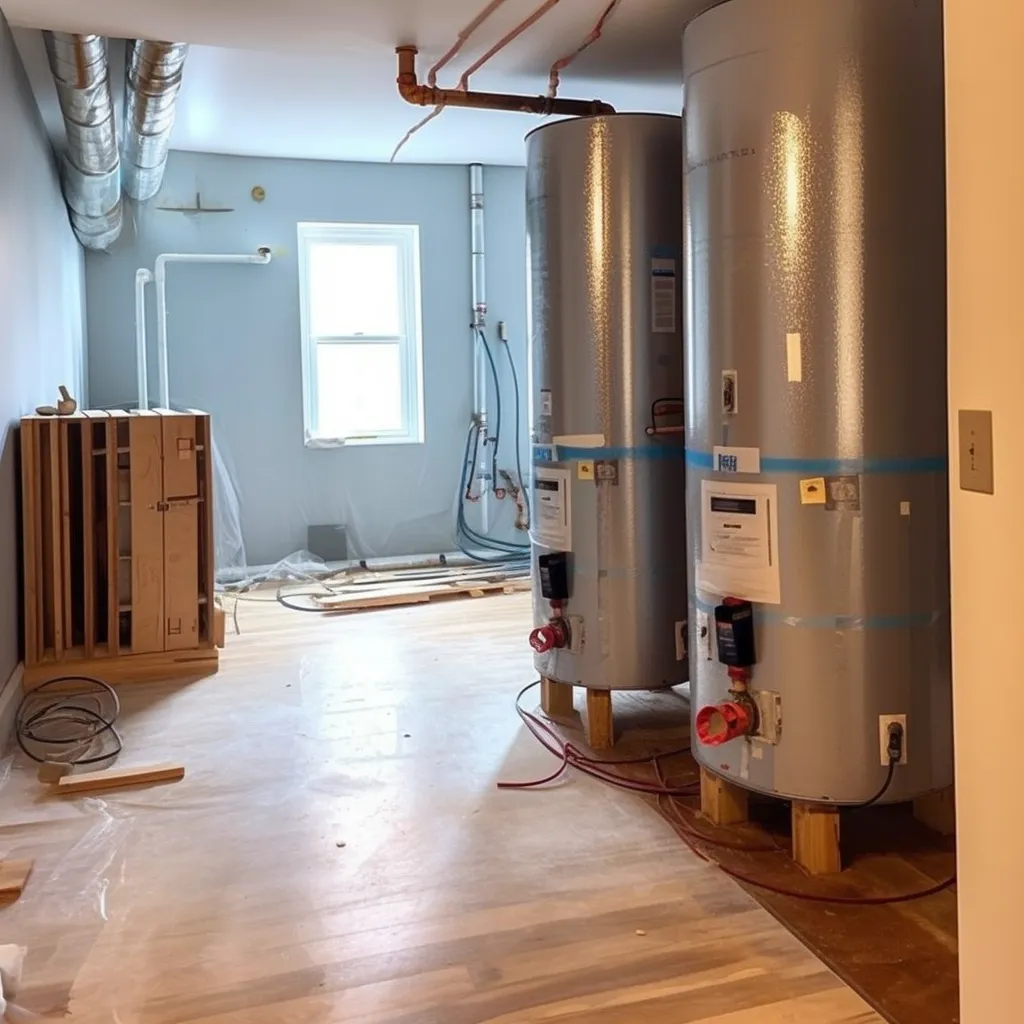
What are the limitations of a tank water heater?
Tank water heaters do come with a few disadvantages:
Space Requirements: Tank water heaters occupy more room in comparison to tankless heaters, which can be a drawback for residences with limited available space.
Energy Efficiency: Older models of tank water heaters are typically less energy efficient, leading to increased utility expenses over time.
Shorter Lifespan: When it comes to the lifespan of water heaters, tank systems typically last between 8 to 12 years. On the other hand, tankless water heaters have a significantly longer lifespan of up to 20 years. This makes tankless heaters a more durable choice in terms of longevity.
Inconvenience of Hot Water Depletion: When the hot water within the tank is exhausted, it can take a substantial amount of time to reheat, resulting in inconvenience for households with extensive hot water needs or multiple users.
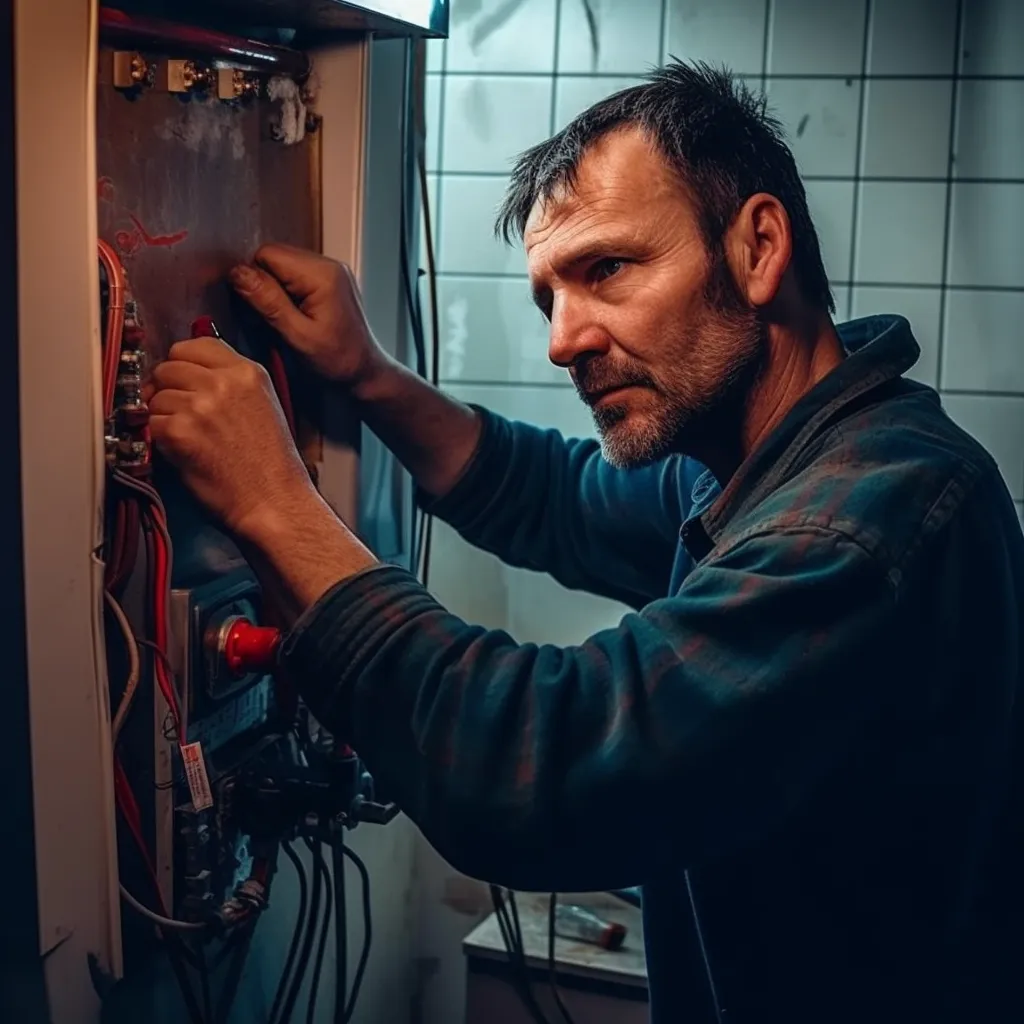
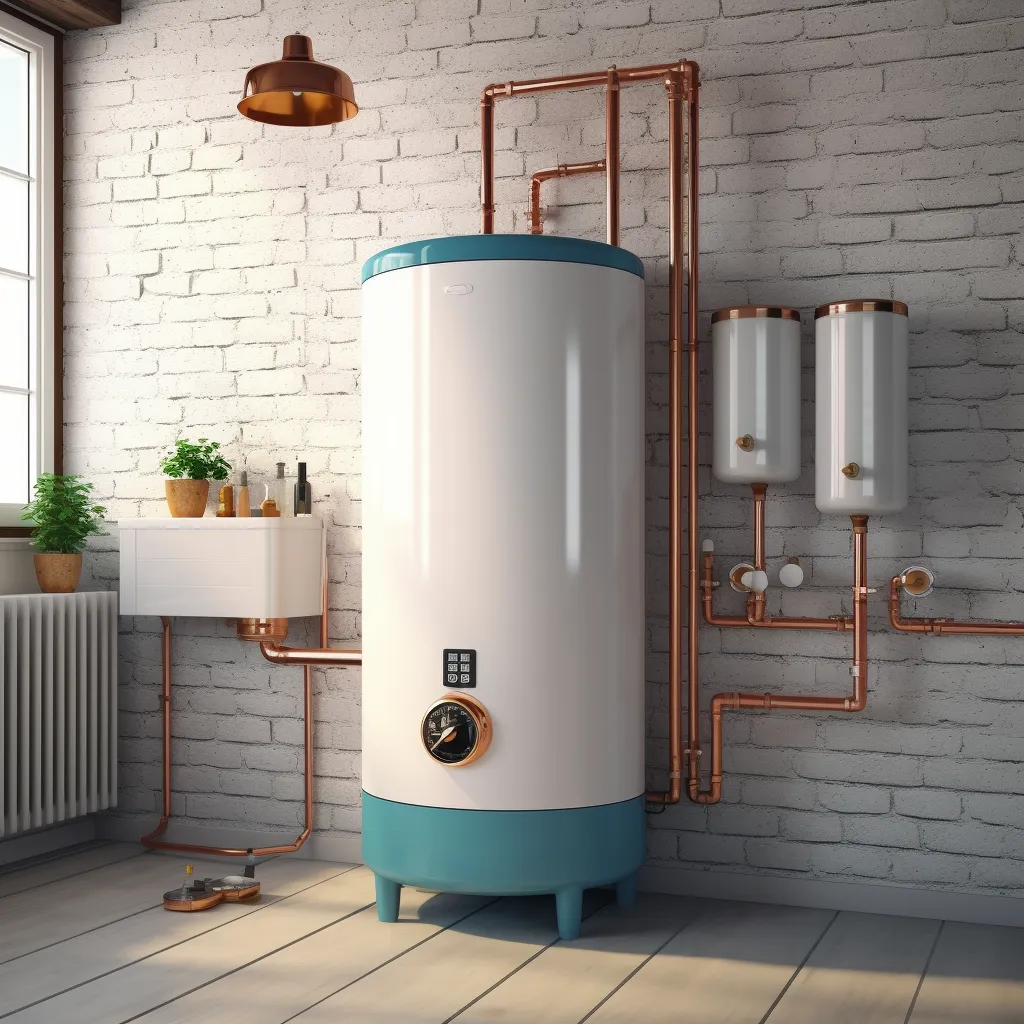
Understanding tankless water heaters and how they operate
Tankless water heaters offer an ideal solution for on-demand hot water. Unlike conventional models, they heat water as it flows through the unit, eliminating the necessity for a bulky storage tank. This enables you to enjoy instant hot water whenever you require it. Here's how they operate: When you activate the hot water faucet, cold water enters the unit and travels through a heat exchanger. The heat exchanger rapidly warms the water, enabling you to receive hot water directly from the faucet without any delays.

Advantages of a tankless water heater
Tankless water heaters have become increasingly popular among homeowners across the country due to their numerous advantages, which include:
Energy efficiency is a key attribute, leading to decreased utility expenses and substantial energy savings.
Enjoy hot water whenever you need it, on demand.
Tankless water heaters require less room when compared to traditional tank water heaters.
Tankless water heaters typically have a lifespan of 15-20 years, outlasting traditional tank models.

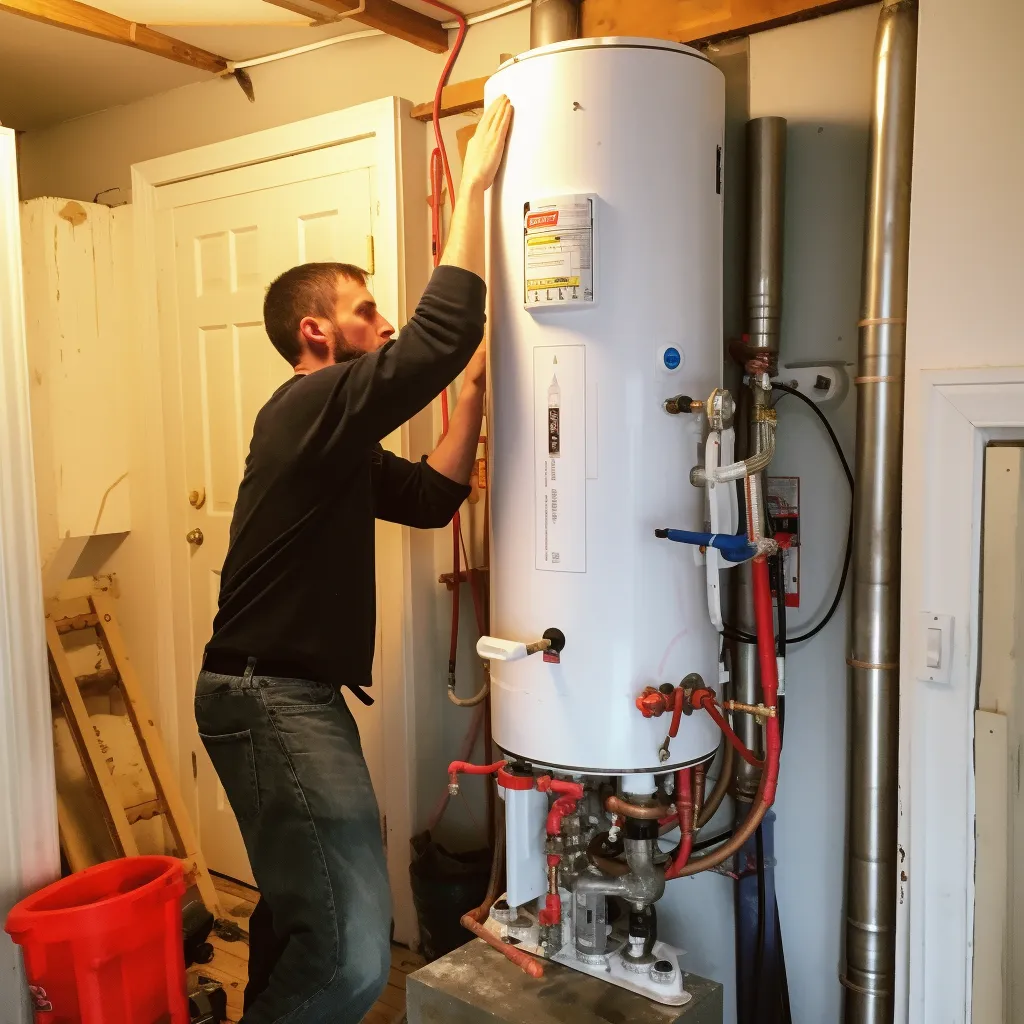
What are the drawbacks of a tankless water heater?
Tankless water heaters do have a few disadvantages:
The initial expense of a tankless water heater is higher when compared to traditional tank water heaters.
There can be potential constraints on the flow rate, particularly when multiple hot water outlets are used simultaneously.
Specialized installation and maintenance demands are often necessary, frequently requiring professional assistance.
There is a chance of encountering the "cold water sandwich effect," which involves a brief burst of cold water occurring between periods of hot water usage.
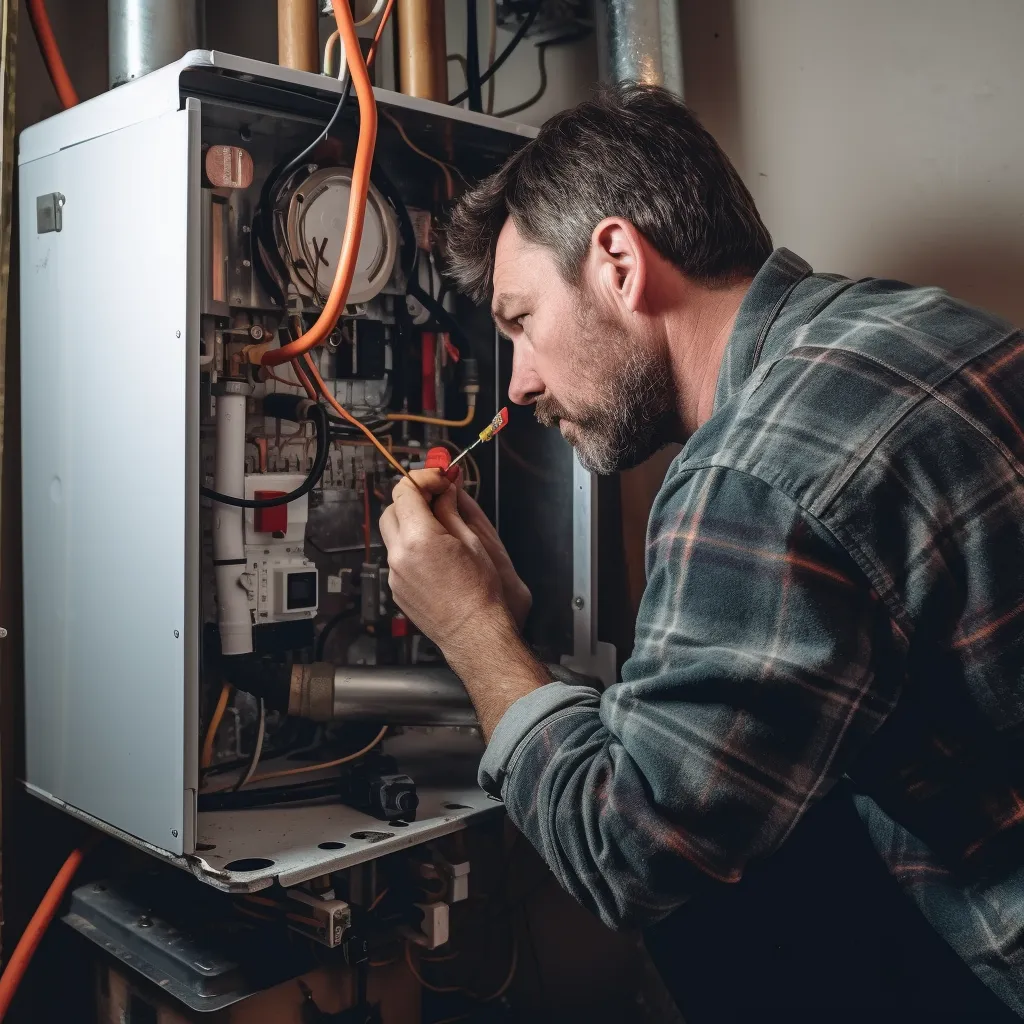
Are conventional storage tank water heaters energy-efficient?
Water heater replacement is a crucial consideration for those looking to reduce energy consumption and improve efficiency. Although traditional water heaters with storage tanks have a reputation for being less energy-efficient, newer tank models have addressed this issue with enhanced insulation and heating capabilities. As a result, households can enjoy increased energy savings while still relying on the reliability and practicality that these water heaters offer. While they may not be the most environmentally friendly choice, they remain a viable option for many homeowners seeking a cost-effective and dependable solution for their hot water needs.
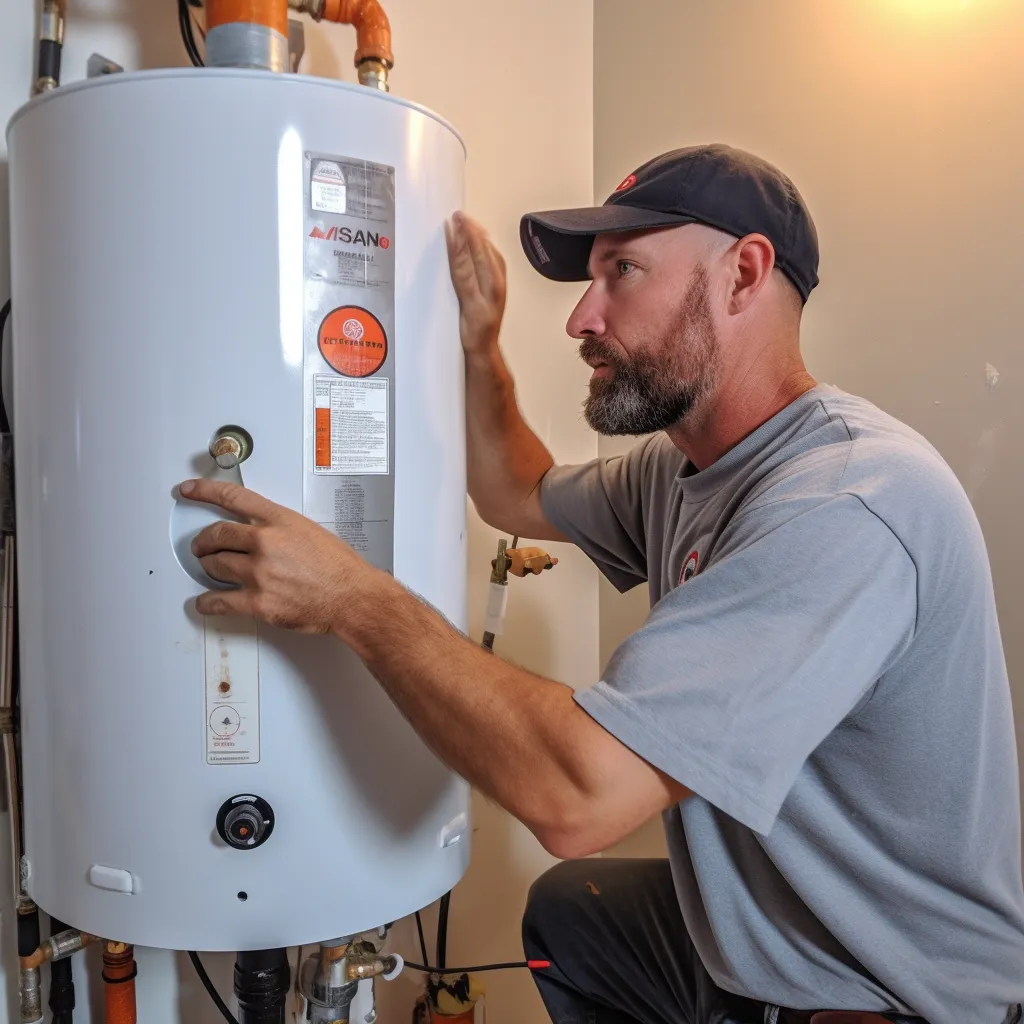
Are tankless water heaters energy-efficient?
Tankless water heaters have gained popularity because of their energy-saving characteristics and cost-effectiveness. They can be up to 34% more energy-efficient than conventional tank-based models since they heat water only when needed. This ultimately lowers energy usage and long-term expenses, making them a sensible option for homeowners.
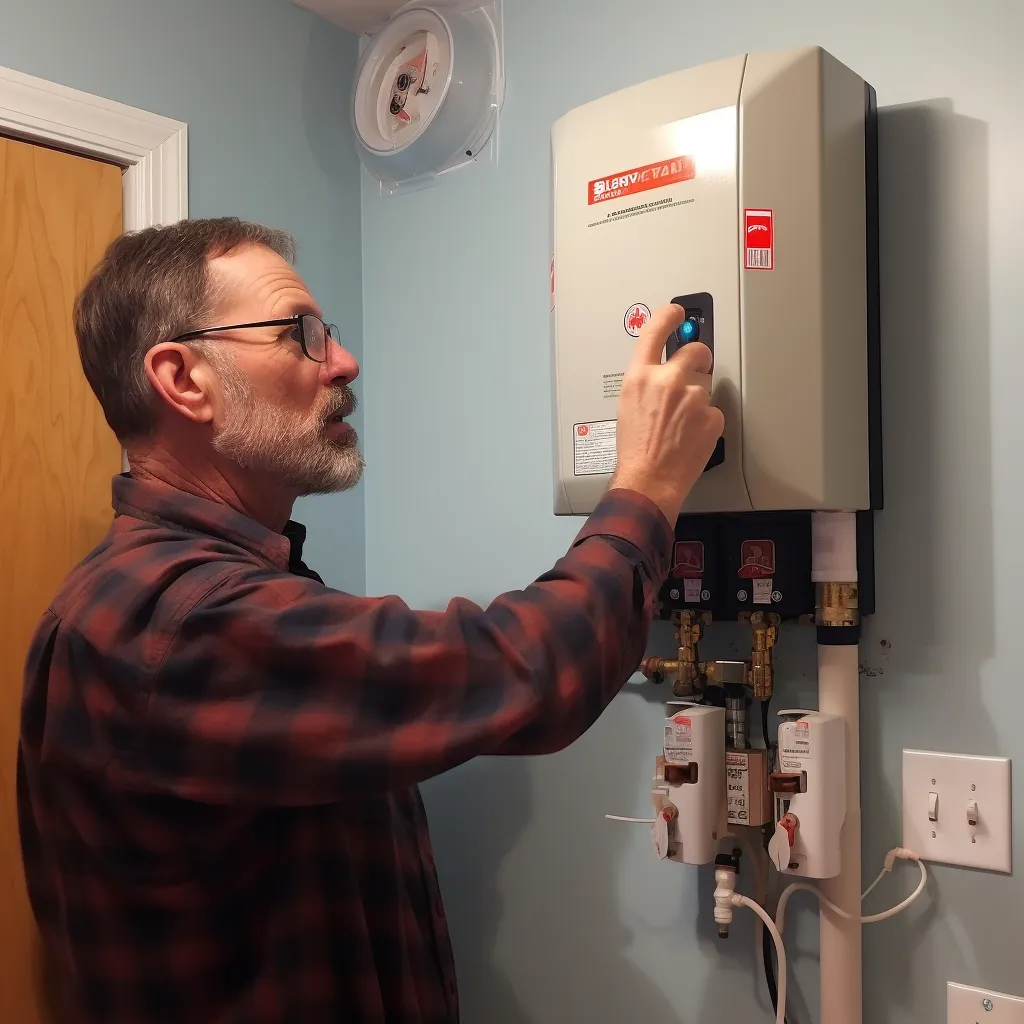
Cost of purchasing and installing a tank water heater
The price of tank water heaters fluctuates depending on their size and type, typically falling in the range of $500 to $2,000 on average. However, if you opt for a more advanced model with extra features, the total cost can go higher. Installation expenses can climb up to $1,500, influenced by local labor rates and the plumbing situation in your residence. It's important to note that setting up a dedicated electrical circuit and a dependable gas line is essential for installation. Furthermore, selecting a tank size that matches your household's hot water demands is critical to ensure an ample supply for everyone in your home.
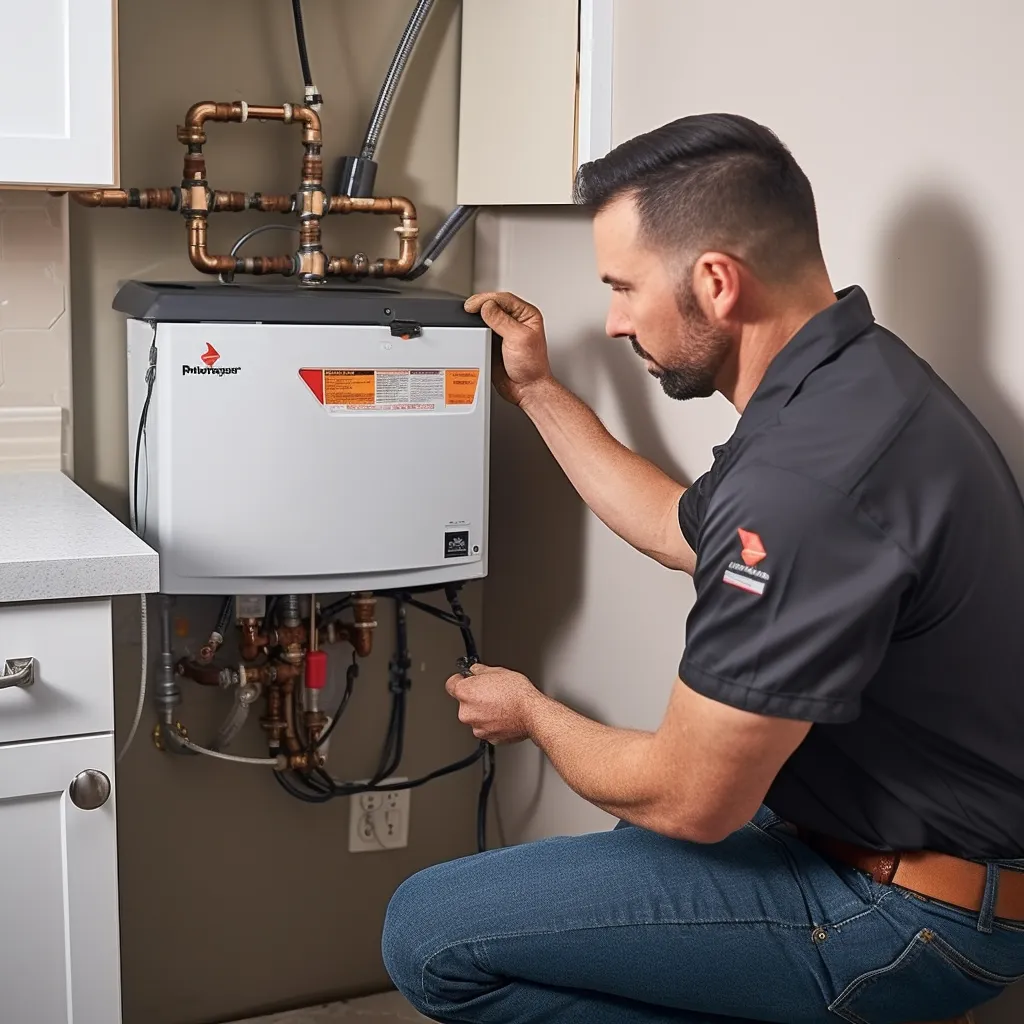
Cost of purchasing and installing a tankless water heater
Tankless water heaters generally come with a higher price tag compared to traditional models, typically ranging from $1,000 to over $3,000. Installation expenses can vary between $500 and $2,000, contingent upon factors such as your home's plumbing system and local labor rates. Unlike traditional water heaters, tankless units do not utilize a storage tank and necessitate a larger gas line and a power source. It's essential to ensure that your home's infrastructure can handle the increased energy demands of the tankless system. Furthermore, selecting the appropriate unit size based on your household's hot water requirements is vital for optimal performance.

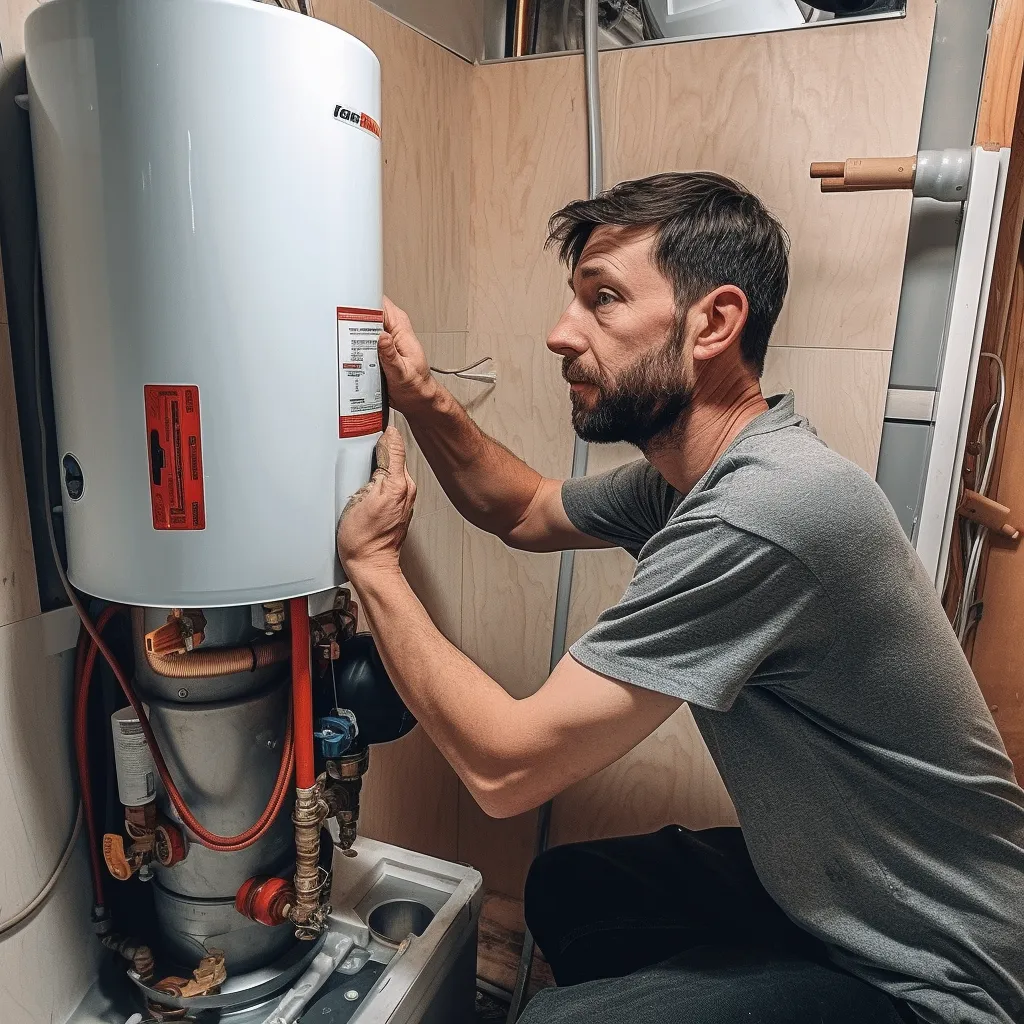
Typical maintenance problems with conventional storage tank water heaters
Storage tank water heaters are prone to a number of common maintenance issues, which can often lead to the need for water heater replacement.
A leaking tank can result in water damage and require expensive repairs. Routine inspections are crucial to promptly detect and resolve any leaks.
Corrosion can happen in the tank or its various components over time. This can negatively impact the efficiency of the system and even lead to expensive repairs.
Over time, sediment can gather within the tank, reducing heating efficiency and potentially harming plumbing fixtures.
Incorrectly installed tank water heaters can create safety risks, including gas leaks or electrical shorts. It's vital to enlist the services of a professional plumber for the installation to guarantee the implementation of appropriate safety protocols.
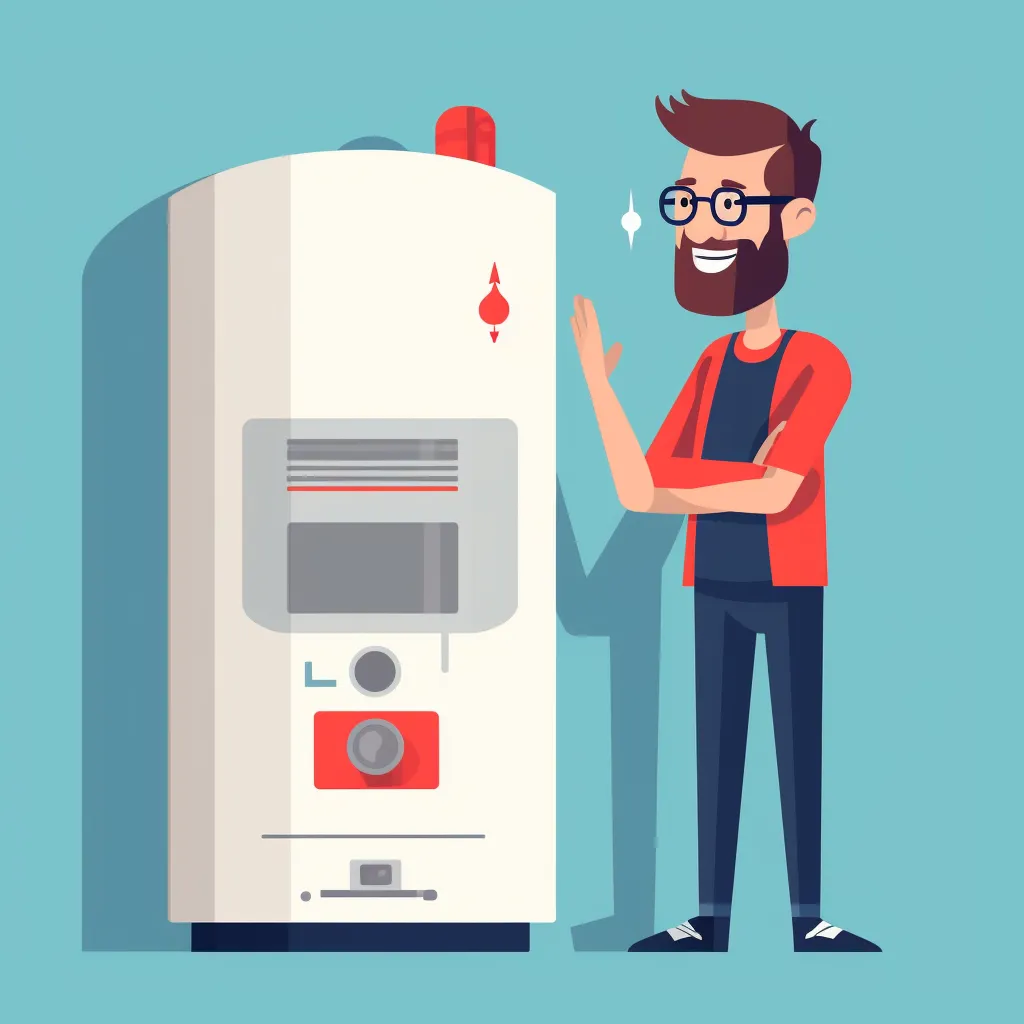
Typical maintenance concerns with tankless water heaters
Tankless water heaters are not exempt from maintenance problems:
Similar to tank-based systems, tankless water heaters can encounter sediment buildup, resulting in reduced efficiency and possible damage.
Water heater replacement is necessary when hard water causes scale buildup, which can reduce the heater's performance and lifespan. To resolve this issue, it is crucial to follow the manufacturer's recommended descaling procedures.
Tankless water heaters demand a greater electrical capacity when compared to traditional heaters.
Tankless water heaters generally necessitate a larger gas line. It's crucial to ensure the gas line is securely installed and free from leaks to uphold proper functionality and safety.

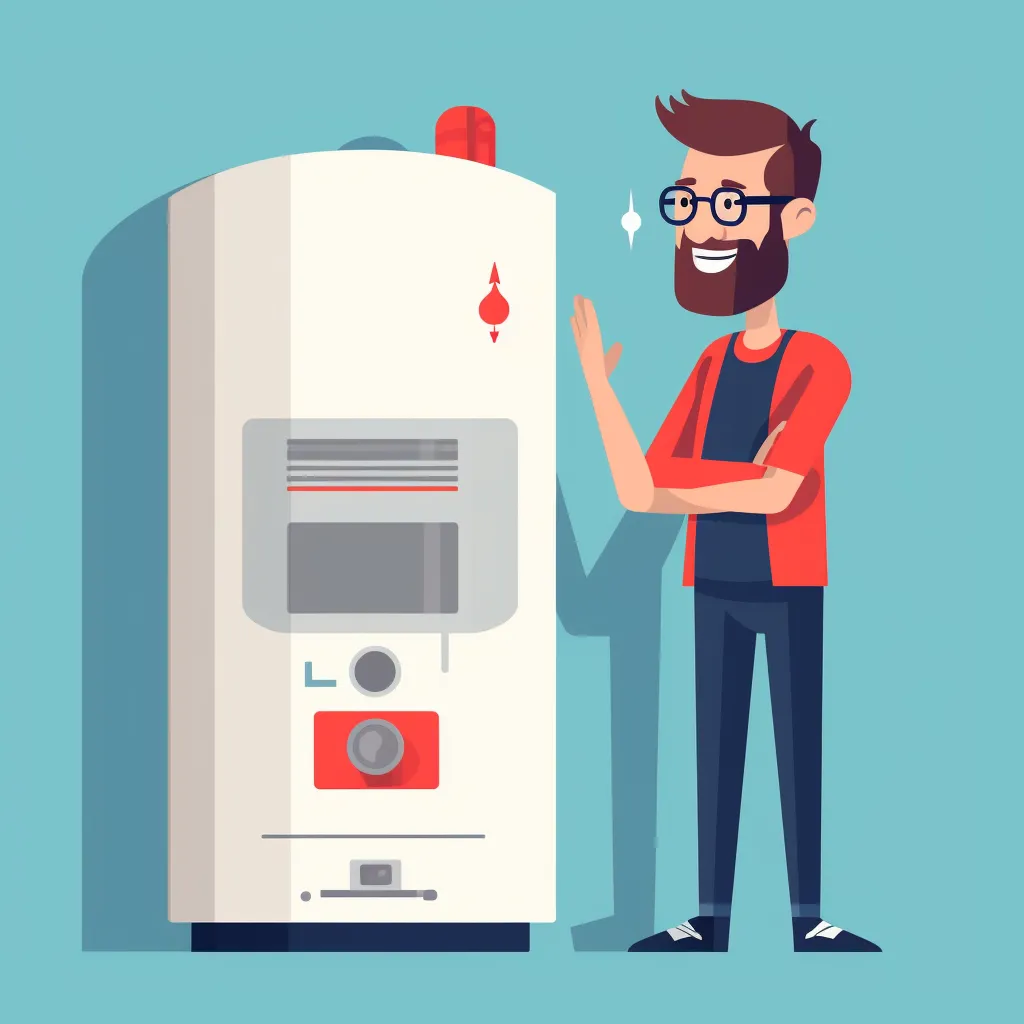
What is the lifespan of a conventional tank water heater?
Conventional tank water heaters usually have a lifespan of 8-12 years, although this can vary depending on usage, quality, and maintenance. Signs such as rust-colored water, leaks, a decrease in temperature, or unusual sounds may indicate that the heater is reaching the end of its lifespan. If you observe these signs, it's advisable to contact a professional for further assessment.
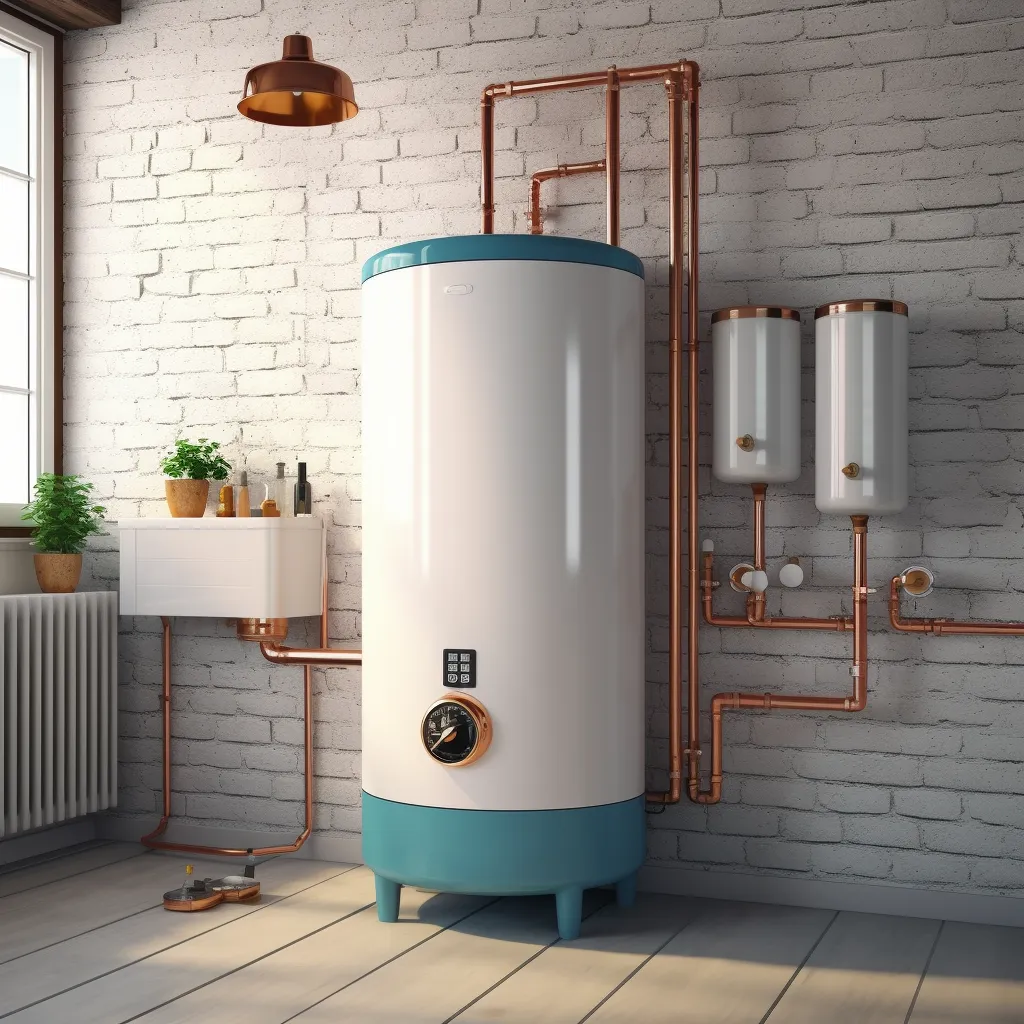
What is the lifespan of a tankless water heater?
Water heater replacement can be a costly endeavor, but tankless water heaters provide a cost-effective solution for long-term use. These units have an impressive average lifespan of 15-20 years when properly maintained. As a result, their popularity is steadily increasing among homeowners. Moreover, continuous advancements in technology are expected to further improve the performance of tankless water heaters in the future.

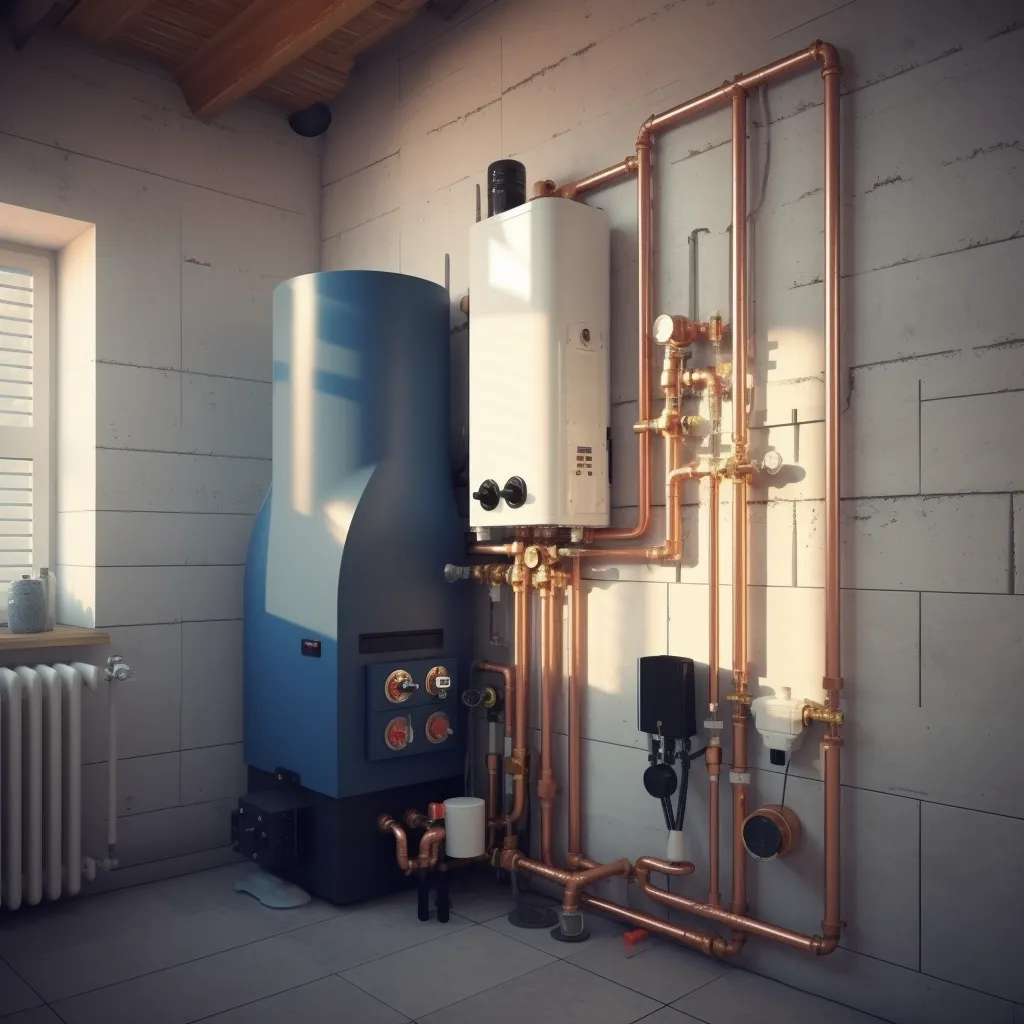
Gas vs. electric water heaters
When it comes to selecting a water heater, it's important to weigh options such as gas and electric models. Gas water heaters offer speedy water heating and are cost-effective in terms of operation, although they do demand maintenance and access to a gas line. Conversely, electric water heaters are simpler to install but may result in higher operating expenses and comparatively slower heating times. Your decision should be based on your specific requirements and personal preferences.
How to determine if a tankless or a tank water heater is the best choice for your needs
When deciding between a tankless or tank water heater, it's important to consider the following factors:
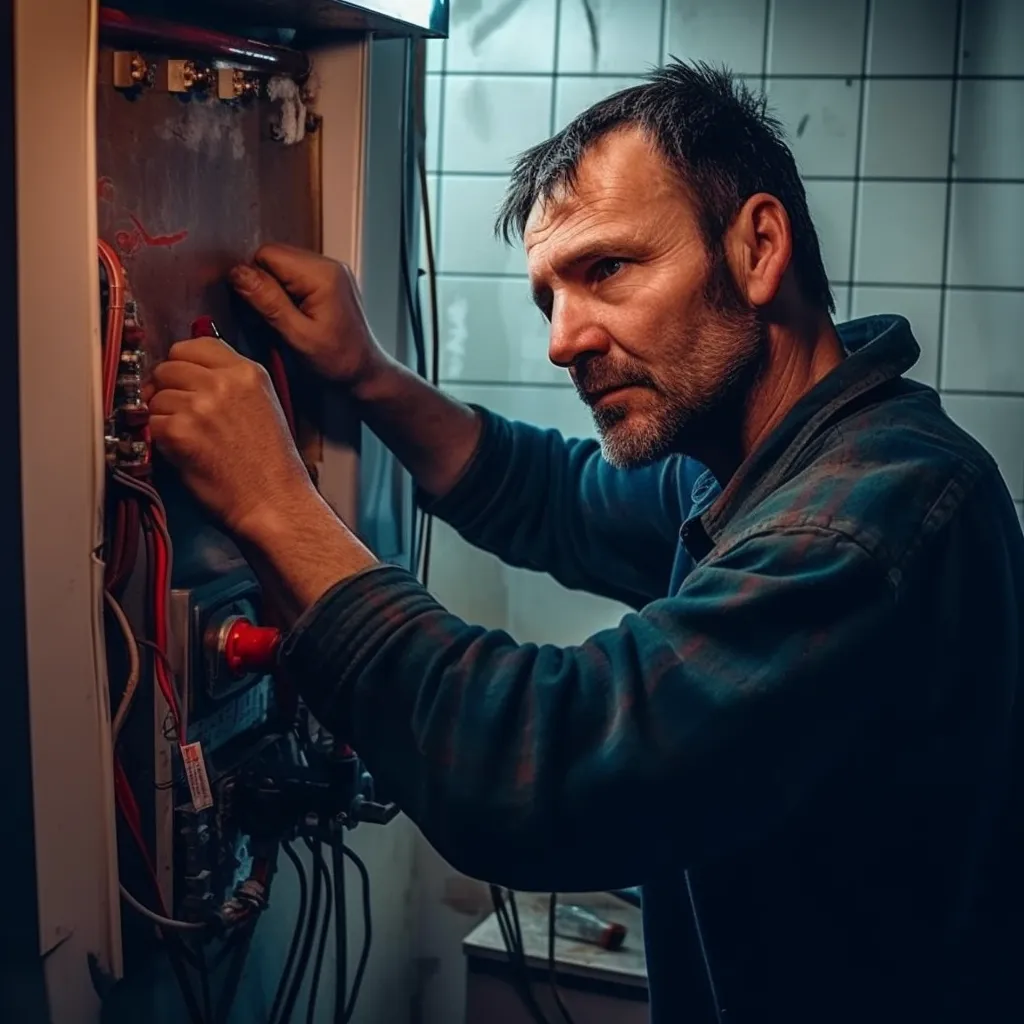
Remember that tankless water heaters often come with a higher initial expense in contrast to traditional tank models. Take into account the extra costs linked to installation and upkeep.
Evaluate your hot water consumption requirements. Tankless water heaters are ideal for situations with continuous hot water demands, whereas tank models may suffice for lower usage and demand.
Compare the energy efficiency ratings of both tankless and tank water heaters to ascertain which choice offers superior long-term energy savings.
Factor in the climate in your region. Tankless water heaters are well-suited for extreme temperatures, whereas tank water heaters are often a better fit for milder climates.
Take into account the availability of space: If you have limited space, tankless water heaters offer an advantage as they require less room compared to tank models.
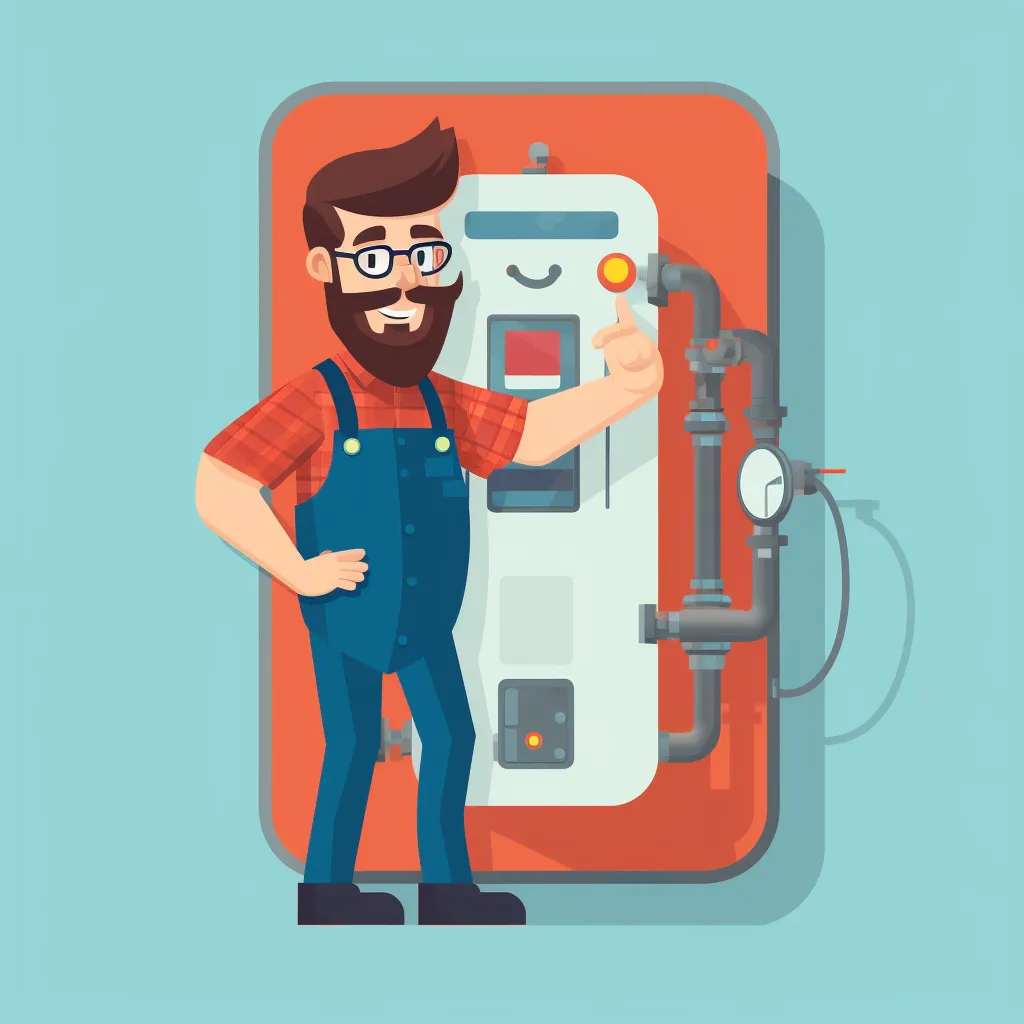
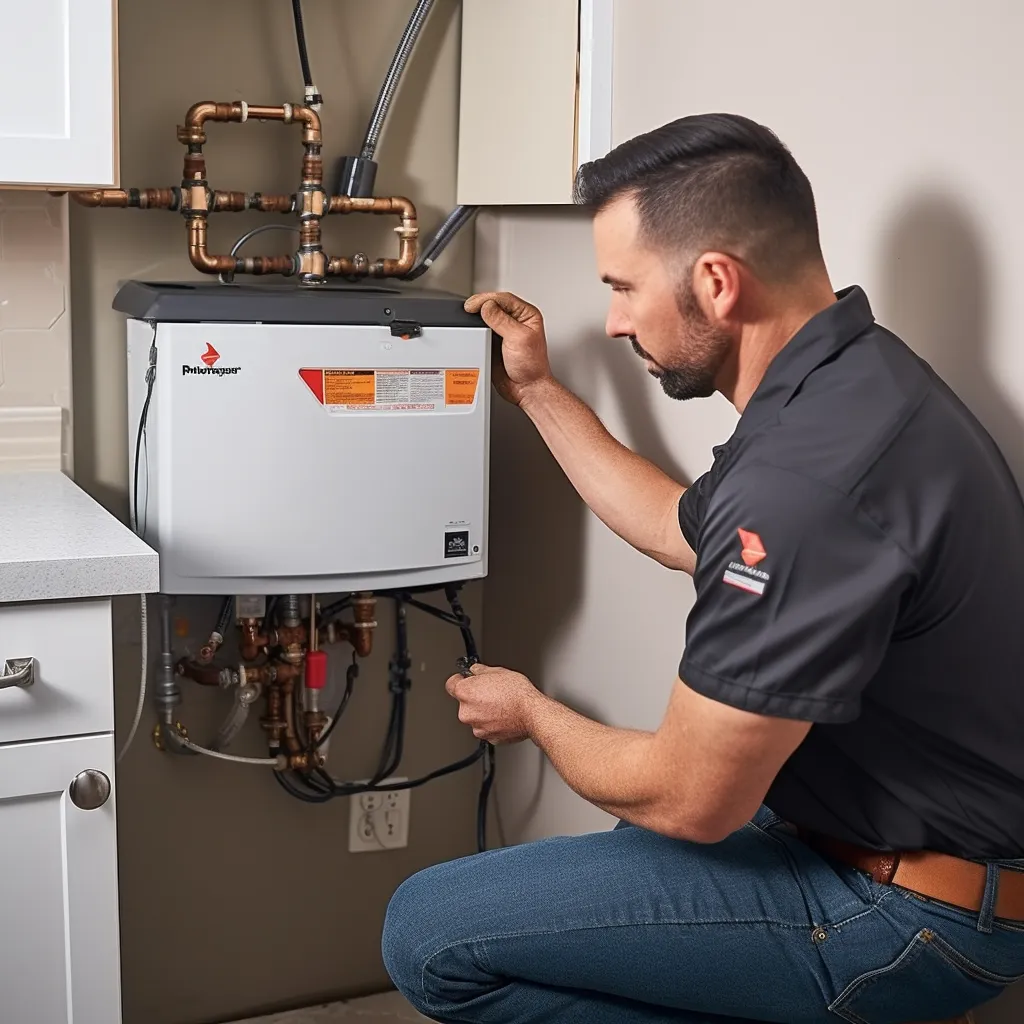
Is it crucial to enlist the services of a professional?
Installing a new water heater is most effectively carried out by a licensed professional who can guarantee adherence to building codes and offer expert guidance on the suitable type and size for your requirements. Employing a professional not only helps prevent potential risks but also offers reassurance that the installation is executed accurately and securely.

Conducting research on tankless vs. tank water heaters is essential
When selecting a water heater for your residence, you'll face a choice between a tank or tankless model. To make a well-informed decision, take into account your specific needs, financial considerations, and installation requirements. Dedicate time to comprehensive research and assessment of these factors before making a final choice. The installation of a new water heater can significantly impact your home by reducing energy expenses and ensuring a readily available supply of hot water. It's crucial to explore various unit types, including their energy efficiency ratings, to arrive at an informed decision. Best of luck in the decision-making process!
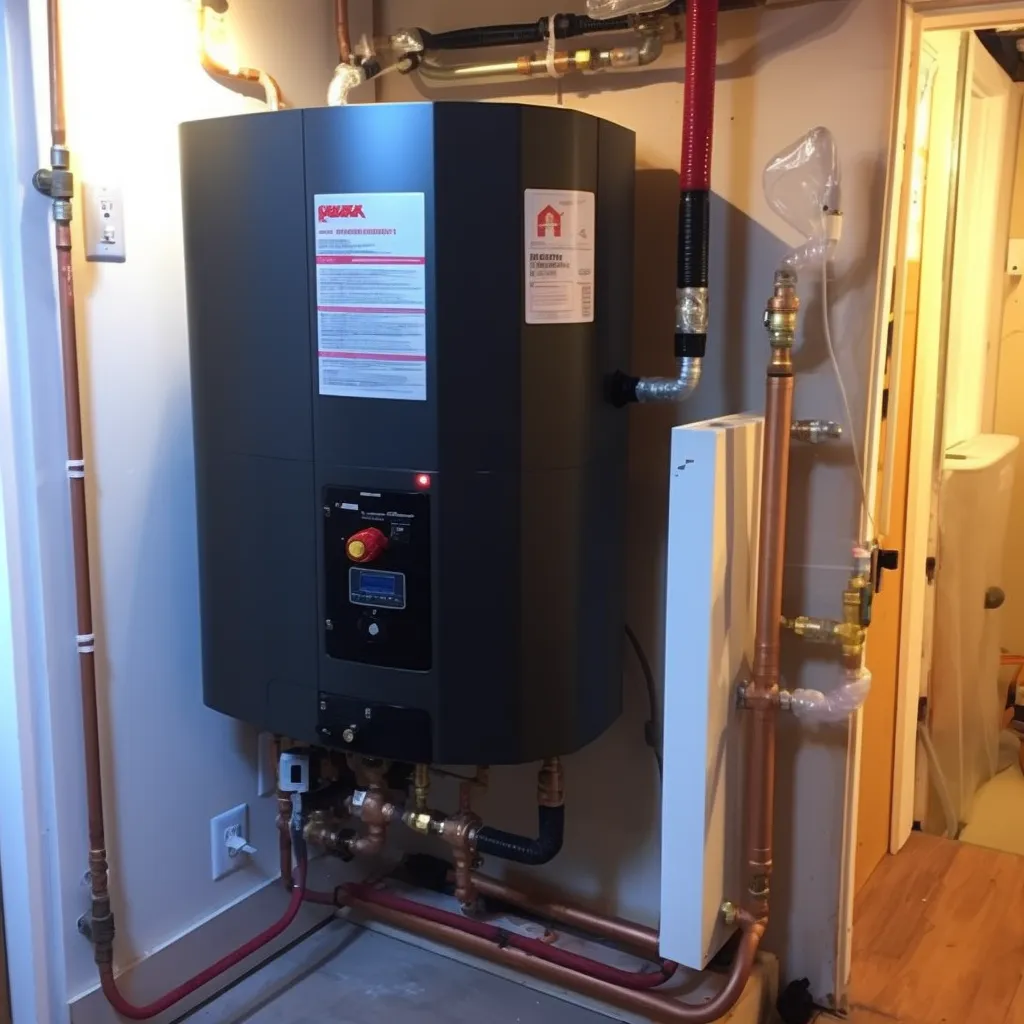
Contact Us
GET IN FULL TOUCH
PHONE:+(480) 470-3216
EMAIL:
adam@waterheaterchandler.com
Mil-Spec LLC
Chandler, AZ 85226
